Many behaviors that are illegal at the state level are also illegal under federal regulations. Factors ranging from the scope of criminal activity to the law enforcement entities investigating an incident can influence whether someone faces state or federal charges.
That being said, certain types of crimes are likely to result in federal prosecution even if they only take place in one state. Healthcare providers and others working in medical settings could find themselves facing federal charges if there are accusations of Medicare or Medicaid fraud. These government insurance programs cover millions of people, and accepting such insurance is crucial to the financial viability of many medical businesses.
Billing practices at medical offices or hospitals could lead to criminal prosecution. Those federal charges could result in incarceration and an inability to continue working in the medical field if someone doesn’t respond properly to the allegations that they’re facing.
Medical fraud comes in many forms
Health insurance fraud involving government insurance programs costs taxpayers millions of dollars annually. According to federal data about Medicare and Medicaid fraud, there are many different kinds of fraudulent billing that occur.
Sometimes, what appears to be fraud is legitimately a mistake or error. Other times, there are inappropriate or manipulative billing practices in place. Upcoding is an example. Billing specialists might input the billing code for a more expensive procedure than the one the doctor performed as a way to increase the revenue hospital or medical practice.
Unbundling or charging for discounting services separately to seek more money could also lead to fraud allegations. Even inefficiencies, like ordering too many diagnostic tests, could lead to scrutiny of a company’s billing practices.
Other forms of fraud are more overt. There have been cases of physicians performing unnecessary medical treatment solely to bill for them or billing government insurance programs for appointments that never occurred. Given that such practices violate federal statutes and affect insurance programs created through federal law, the people accused may not end up facing state charges.
Carefully reviewing evidence of alleged Medicare or Medicaid fraud could help those accused of wrongdoing prepare a viable defense strategy. Professionals who respond assertively to fraud allegations could avoid convictions that could cost them a large amount of money and possibly their careers as well.

